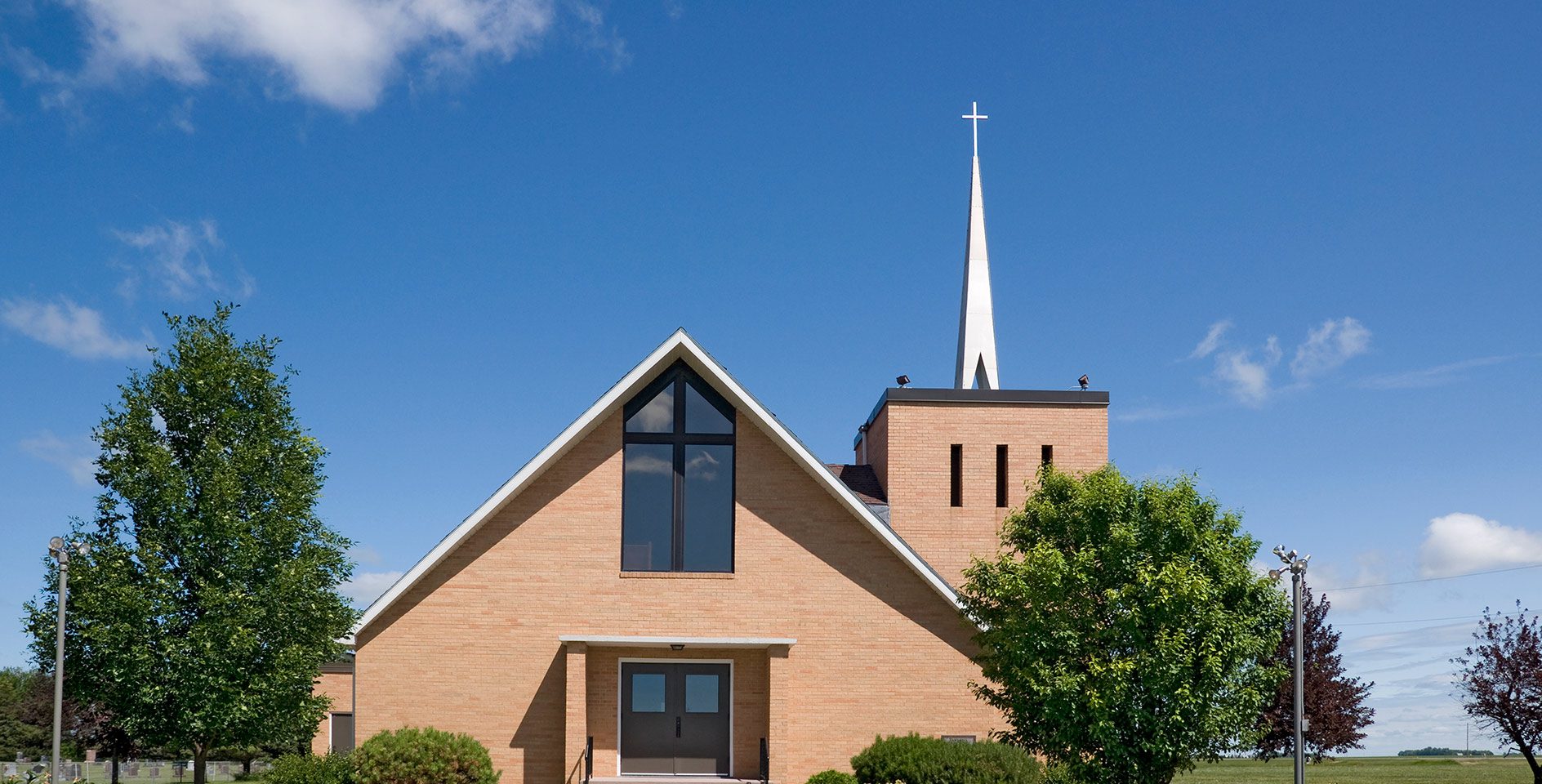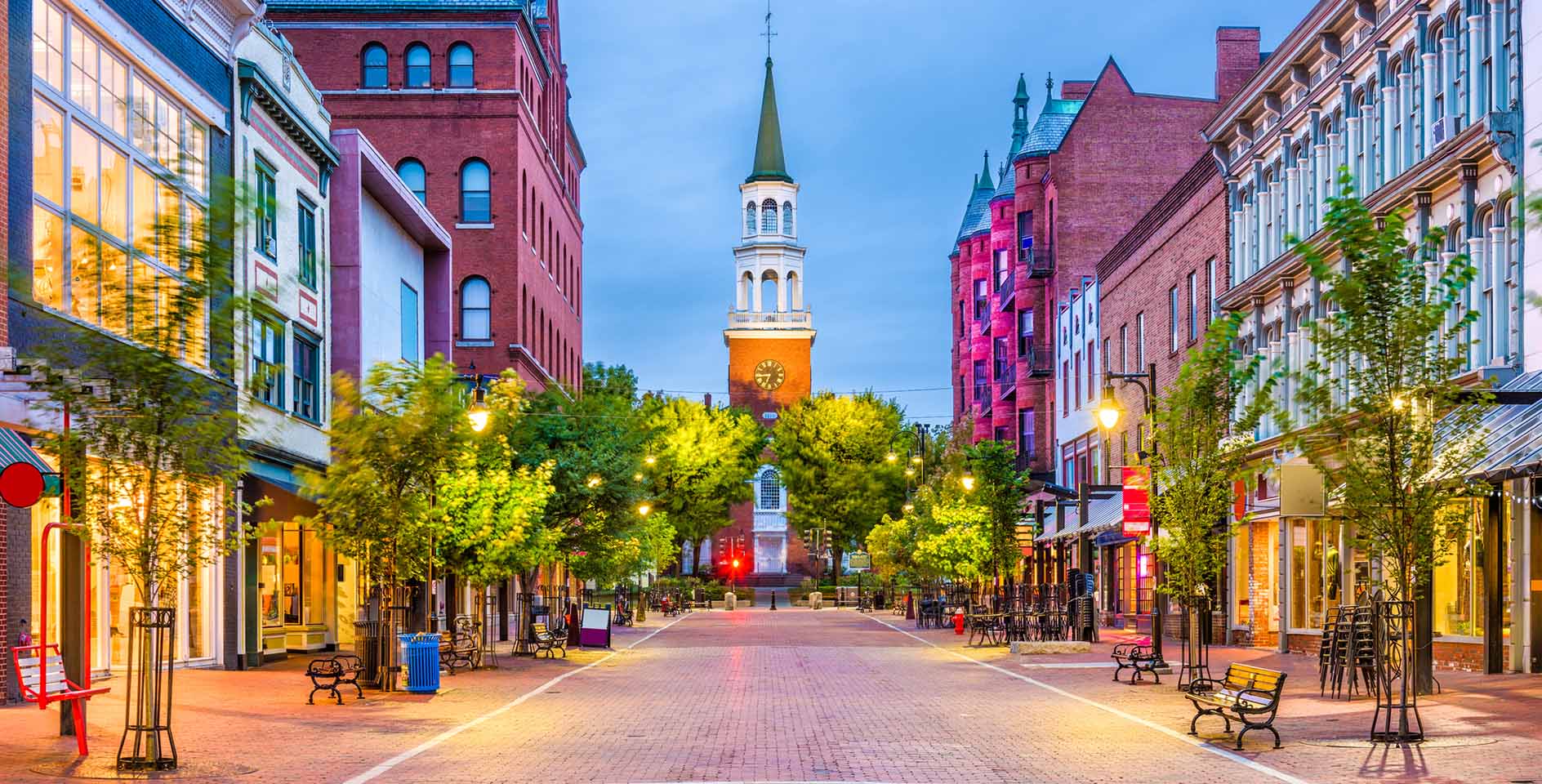Almost everyone agrees that government has the responsibility to safeguard public health, and almost everyone agrees that government authority heightens in times of national security or public health emergency. At the same time, almost everyone would agree that no government’s power—even in emergency times—is all-encompassing. I’m often asked about specific real or potential government measures and asked, “Would this be a violation of religious liberty?”
Sometimes those questions are easy to identify. If the government were to say, “Because the pandemic is the result of an offense against the storm-god, we need every citizen to offer a small sacrifice to Baal,” then that’s obviously a violation of religious liberty. Or, if a locality said that all houses of worship must be closed except for prosperity-gospel churches “because, Lord knows, we need some healing around here,” then that’s a violation of religious liberty too. Most situations, though, are not quite that easily discerned.
Can governments temporarily suspend public gatherings (including churches) or cap their sizes? Yes, as long as there’s a valid reason to do so and as long as houses of worship are treated no differently than other, similarly-situated entities and as long as every reasonable accommodation is made for religious practice. Could a government, for instance, block off the entrance to a church that is on fire—to keep people from filing into the building to their deaths and to free up the streets for fire-trucks and ambulances? Yes. Could the government then keep that entrance blocked indefinitely after the fire is gone, because they don’t like the preaching on hell that goes on there? No.
Could a government allow gatherings of people to assemble at houses of worship as long as there is a temporary suspension of singing? Perhaps, if the government shows reasonably that singing could faster spread the virus, thus endangering people in the community and if the same sort of mandate applies to concerts or glee clubs or musical dramas or marching bands or half-time sports shows. In short, the government could not say that singing must be suspended indefinitely—to keep any future virus from taking hold—because weekly singing isn’t “essential,” in their view. And the government could not allow a community presentation of Beauty and the Beast while prohibiting a Christmas cantata at First Methodist Church.
Think of it this way: If there were a contagious and fatal poison somehow embedded in the North American supply chain for bread products, could the government stop the production and sale and consumption of bread until the crisis was over? Yes. But could the government mandate that churches use potatoes instead of bread? No. Moreover, suppose that the poison was identified and dealt with, and, while the crisis is over, there’s a scarcity of bread. Could the government allow bread to be used at restaurants but ban Communion? No.
Can someone claim freedom of speech while listing the names of undercover CIA agents in a televised speech? No. Does that restriction on speech mean that the government can stop someone from criticizing the CIA? Also no. Religious liberty is imperiled both by apathy and by paranoia. Cliché metaphors (“Freedom of speech does not give you the right to yell ‘Fire!’ in a crowded theater”) can be abused to snuff out legitimate rights. But often they stick around precisely because they do point to something useful to remember. In that case, you just have to know which cliché tells the accurate story of your situation: the frog in the kettle or the boy who cried wolf? Both speak to something true, but there’s real trouble if you think you’re in the one situation when you’re in the other.
This originally appeared in Russell Moore’s newsletter, “Moore to the Point.” Subscribe here to keep up to date.










